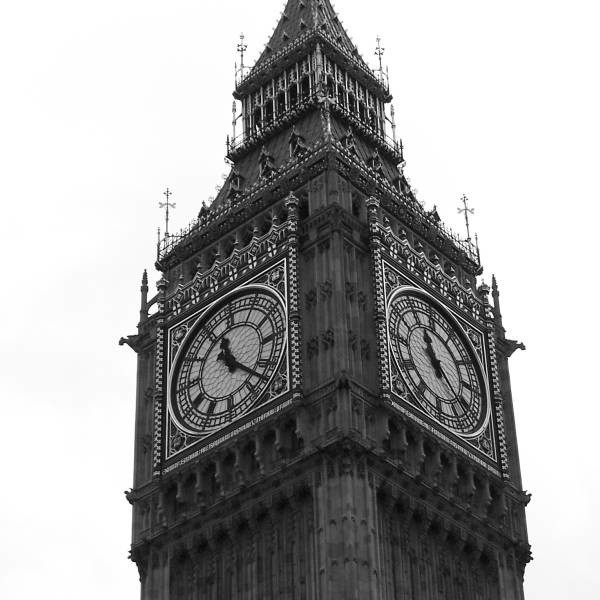This week, I'm writing and recording my column at my parents' home in south-east England. Right now, I'm playing host to (to play host to = gościć) some students of mine.
LITTLE CHILDREN
One thing my students and I have really noticed over the past couple of days is that young British children are much louder, talkative (tokatyw = gadatliwe) and outgoing than young Polish children are. On the first day of the trip, we saw two lively (lajwli = żywe) young boys chattering (czateriń to chatter = gadać) loudly and playing in the train. In London, we sat at one end of a driverless train with a group of children carrying (and, in one case
We saw my niece today. She is a three-and-a-half-year-old ball of energy: she is always talking loudly and cannot stay in one place for more than two seconds. She has amazing verbal skills for her age. Apart from being able to talk the hind (hajnd = tylny) legs off a donkey (= talk and talk and talk), she can make people think she can read: she can look at the pictures of stories that have often been read to her and recite (rysajt) the text almost perfectly.
REASONS
How come (= why) British kids are like this? Well, things were different when I was growing up. Back then, a lot of parents would shout at their kids to sit down, be quiet and not do whatever it was they were doing. However, there has been a real change over the past twenty years. Now most parents are quite happy to leave their kids in peace if what they are doing is not dangerous or annoying to others. Museums and other public places encourage (ynkarydź = zachęcić) them to touch things, open things, create things and explore. In the church where my father works as a priest (prist = ksiądz), children are asked questions during the services and no-one minds if they walk about (= wokół) inside the building.
In other words, children are allowed and encouraged to be curious (kjurijes = ciekawy), crazy and happy. What's more, you'll often see British people spending a long time talking to their kids: a child who is talked to a lot when they are very young will probably be good at talking when they are older. We also send kids to school earlier: my niece is already going to nursery school twice a week and will start primary (prajmeri) school (= a school for children aged 4 to 11) in September: she and other kids of her age call it 'big school'. This means they get the chance to make friends with other kids their age and come into contact with people outside their families.
Even though this means that British kids can be a little hard to handle (= trudno sobie z nimi poradzić) sometimes, I definitely (defynytli = zdecydowanie) feel that this way of doing things is good for kids and for their families. Anyway, happy children can make anyone feel happy.
Dołącz do nas na Facebooku!
Publikujemy najciekawsze artykuły, wydarzenia i konkursy. Jesteśmy tam gdzie nasi czytelnicy!
Kontakt z redakcją
Byłeś świadkiem ważnego zdarzenia? Widziałeś coś interesującego? Zrobiłeś ciekawe zdjęcie lub wideo?
